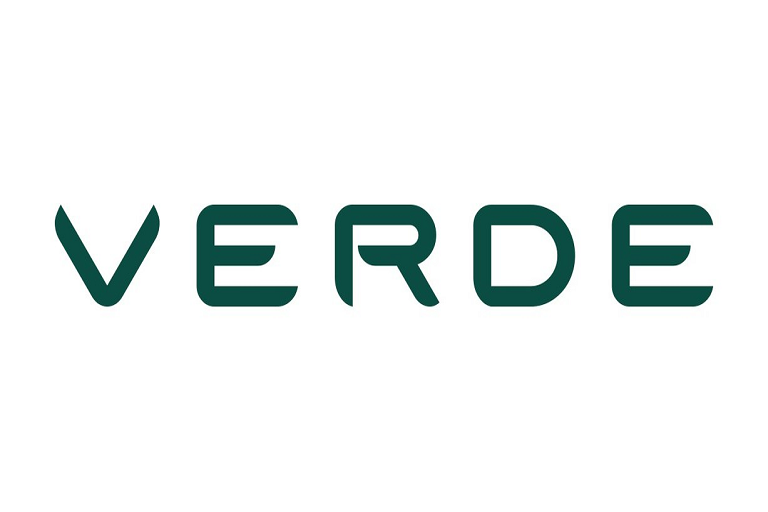Verde Resources With An Unconventional Approach To Carbon Sequestration
SEATTLE, 2021 – Verde Resources Inc. (OTCQB: VRDR) According to data from the Malaysian Palm Oil Board, 20.6 million tons of empty fruit bunch (EFB) was discarded by the palm oil mills of Malaysia in 2019. In Indonesia, the estimate was higher, at 59.5 million tons of discarded EFB. Most often, the waste is left to decay.
Verde Resources intends to recycle the organic waste into renewable resources. The Company recently raised $3.1 million seed funding, a significant commitment towards the green initiative. The initiative involves establishing a business office in Seattle, and a processing facility in Missouri. Verde Resources understands the importance of converting palm biomass as part of a progressive approach towards carbon sequestration and reducing greenhouse gases.
Earlier this year, Verde Resources announced the acquisition of BioFraction™ technology. This technology involves an advanced proprietary, modified catalytic vacuum pyrolysis, and temperature controlled thermochemical process which converts palm waste into four renewable byproducts; biochar, bio-oil, bio-syngas and wood vinegar.
When wood vinegar is applied to biochar, it activates the biochar, and when reintroduced back into the earth, the biochar becomes a sustainable form of carbon sequestration and an economical way to improve cropland. Research conducted with activated biochar during Verde Resources’ pilot project in Borneo, displayed impressive results, successfully converting an acre of wasteland into an eggplant producing farm. Biochar is regarded as a resourceful soil amendment that improves soil pH, reduces erosion, improves water retention, provides a host for microbial activity and improves crop size. Environmental experts such as Mark Hertsgaard, mentions in an article published at the Yale School of The Environment, advocates that adding biochar to 10% of global croplands could sequester the equivalent of 29 billion tons of CO2.
The Paris Agreement, a global framework climate initiative, has the main objective of addressing global warming. The primary solution mentioned in the agreement is carbon capture and storage, which is a fundamental strategy for meeting CO2 emission reduction targets. Aligning with the agreement is an executive order signed by President Biden, which specifically lays out action for federal agencies to mitigate climate change. The order includes direction for USDA to collect input from stakeholders with strategies that address climate-smart agriculture and forestry. Opportunities to create large scale carbon banks in agriculture which reduce greenhouse gas emissions will be an integral part of the Biden administration’s infrastructure and climate plan. Both plans focus on green energy and decarbonization.
According to The Washington Times, U.S Secretary of Agriculture Tom Vilsack shares the Biden administration’s vision of net-zero agriculture, which can partly be achieved by providing markets such as subsidies and carbon credits that reward farmers for sequestering carbon. Speaking at Agri-Pulse’s annual Ag & Food Policy Summit, Vilsack expressed, “It’s a way of basically providing financial assistance to farmers so that they incorporate into their operations climate-smart agricultural practices, which will not only provide farm income, but it will preserve soil, provide healthier soil and it will be an opportunity to improve the quality of water.” USDA seeks to gather as many ideas and guidance as it can from the public.
“While we are not claiming to provide a one-size-fits-all solution, we have successfully converted palm waste into by-products of high value that would meet that objective. We will soon provide our input to the USDA, and we are very convinced that Verde would be able to create new downstream American manufacturing jobs with our initiative.” said Balakrishnan Muthu, president of Verde Resources.
Granted, it may only be a partial solution to a complex issue, the simple concept of capturing carbon as a solid form and recycling it back into the earth will help mitigate climate change. With progressive approaches of adding biochar across U.S farmland, which both addresses global warming while simultaneously bolstering crops, Verde Resources is paving the way, going green and beyond, offering alternative solutions to the world’s climate issues.
SOURCE : Verde Resources Inc.


















